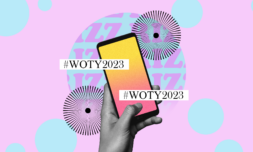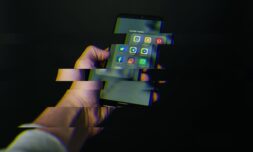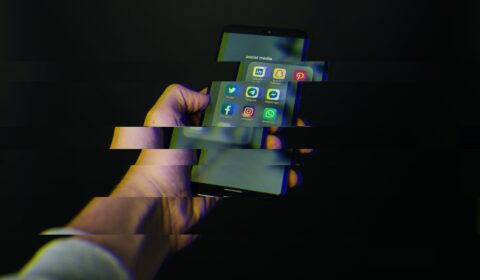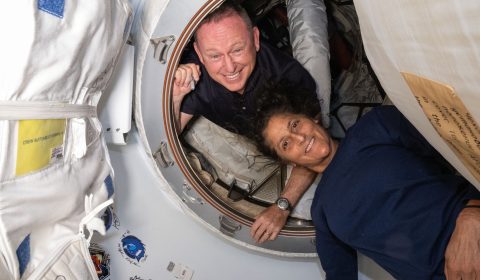The strikingly beautiful, pink-haired Aitana is the creation of The Clueless advertising agency located in Spain.
Its team was fed up with working on projects and campaigns that would eventually fall through due to lack of cooperation, conflict of interest, or soured relationships between brand representatives and human influencers.
Combining their branding, marketing, and digital design experience, the team decided to create an AI model that would be unproblematic and void of the human ego, while appealing to a myriad of cultural and aesthetic tastes of today’s society.
And so, Aitana was ‘born’.
She now rakes in 10,000 euros for The Clueless agency every month.

While Aitana’s career is just getting started, the debate around using artificially generated influencers in marketing campaigns has been ongoing.
One of the key arguments against their use is related to ‘authenticity’. Given that most AI-generated influencers are designed to be the most idealised versions of the hottest humans on Earth, people are naturally concerned about whether they will contribute to promoting unrealistic beauty standards.
Although it is easy to see how looking at a ‘person’ whose features have been cherry-picked for optimal beauty could harm our view of ourselves, it’s a hard point to make entirely. Especially when the majority of images we see on social media platforms and advertising campaigns of ‘real people’ are heavily retouched or edited in some way.
This is well known to society, with regular use of Instagram being linked to negative self-esteem across a growing number of studies.
But if we’re worried about ultra-perfect AI models further perpetrating an unrealistic lifestyle and standard of beauty, perhaps it’s important to address the cultural and societal perspectives that place such immense value on a person’s appearance first.
When it comes to the personalities of AI-generated influencers, their interests and overall likability are tailor-made to appeal to the masses.
Unlike real people, their ‘actions’ online will be carefully calculated and considered by several people before posting. This reduces opportunities for scandal, the loss of followers, as well as the loss of brand deals.
As a result, brands may become increasingly interested in using AI Instagram models for campaigns. The economic potential of this might see tons of people striving to create their own ‘AI influencer’ to earn money online – if they can master the image-generating software.
The way the world is going, it’s highly possible that AI influencers could move into the mainstream, but it’s a wonder whether their overall value and appeal will decline if they become popularised.





















